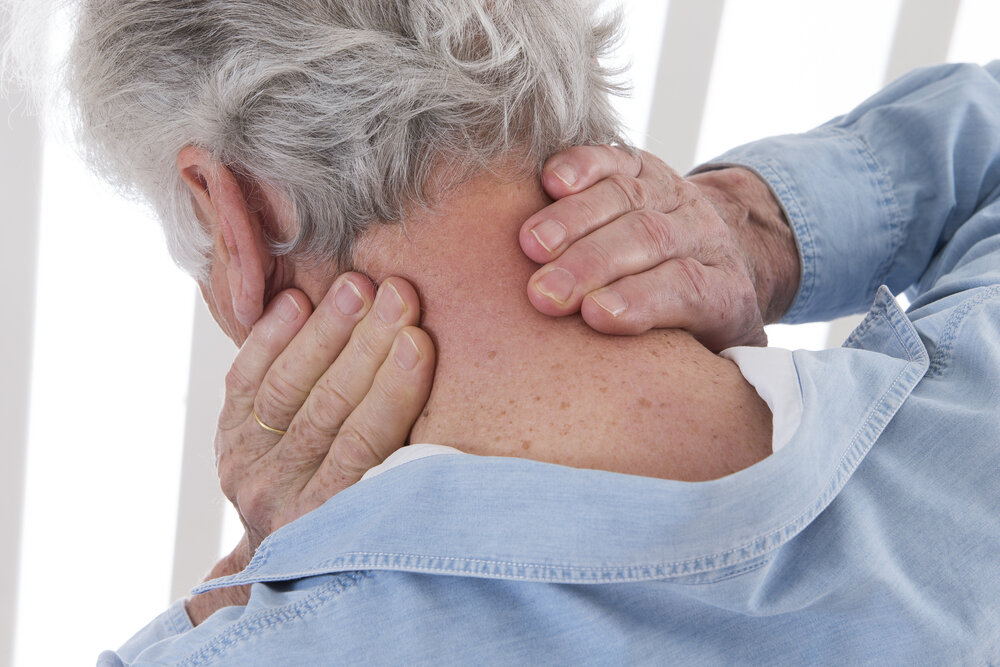National Family Caregivers Month is observed in November to highlight the difficulties of being the primary caregiver for a family member.
Many families have opted to bring their loved ones home from a nursing home or pain clinic in 2020 due to challenges in managing COVID-19 occurrence in nursing homes. Family caregivers must learn how to give their loved ones with the required level of treatment. This includes learning how to give drugs, interact with physicians, deal with safety problems, and deal with pain.
For many people who need medical treatment, pain is a common medical problem. Back pain, joint pain, headaches, and nerve pain are the most common pain disorders in this category, with a prevalence of 40-80%.
If you're caring for a loved one that has a pain problem, there are a few things you should remember.

Tips for caregivers who are caring for a family member who is in pain
Determine whether your loved one is feeling acute or chronic pain. The signs and symptoms, as well as the therapies, vary. Acute pain is a form of pain that happens unexpectedly, such as after a fall . Rest, anti-inflammatory, and physical therapy help it progress over time. Chronic pain is a form of pain that lasts for a long time and is often associated with illnesses such as arthritis, diabetes, or cancer. It may lead to anxiety or depression, and it necessitates the use of drugs that are distinct from those used to treat acute pain.
Learn how to evaluate the severity of your pain. Some pain medicines are used on a daily basis, and others are used for “break-through pain.” It is helpful to determine your family member's pain levels in order to have timely pain medications. You can ask your family member to use the Numeric Rating Scale, an 11-point scale that helps patients to report pain levels, if they can talk.
Maintain a record of the drugs you administer. Learn which drugs are used to treat pain and how they communicate with other medications. Some pain relievers have sedative properties, which can affect your loved one's concentration, awareness, and rate of breathing.
Learn how to successfully connect with a pain management doctor. Every few weeks, a pain doctor will re-evaluate your family member to see if their pain has improved or if they have built a tolerance to such drugs.
Take into consideration new care choices. When it comes to chronic pain, a new treatment option from a pain clinic can be available for your loved one. Intrathecal Pain Pumps and Spinal Cord Stimulators are devices that administer drugs (or electrical pulses) directly to the spinal cord in order to prevent pain signals from reaching the brain. They will help you live better and keep your family member pain-free by eliminating the need for oral drugs (pills).
Take care not to hurt yourself. Taking care of a loved one sometimes necessitates heavy lifting. Caretakers are more likely to suffer injuries. Don't lift or take on more than you can manage, or you'll find yourself in pain.
Take care of your mental health in order to continue caring for your loved one. Caring for people who are in pain or who are sick in general will drain your energy. Keep an eye on yourself for signs of depression or anxiety. If you need assistance, seek professional assistance.
Do contact a pain management doctor in OKC. At Neuroscience Specialist we take care of our patients following the updated treatment methods.
**Disclaimer- Information presented here is not intended to be qualified medical advice. Nothing expressed herein creates a doctor-patient relationship.

